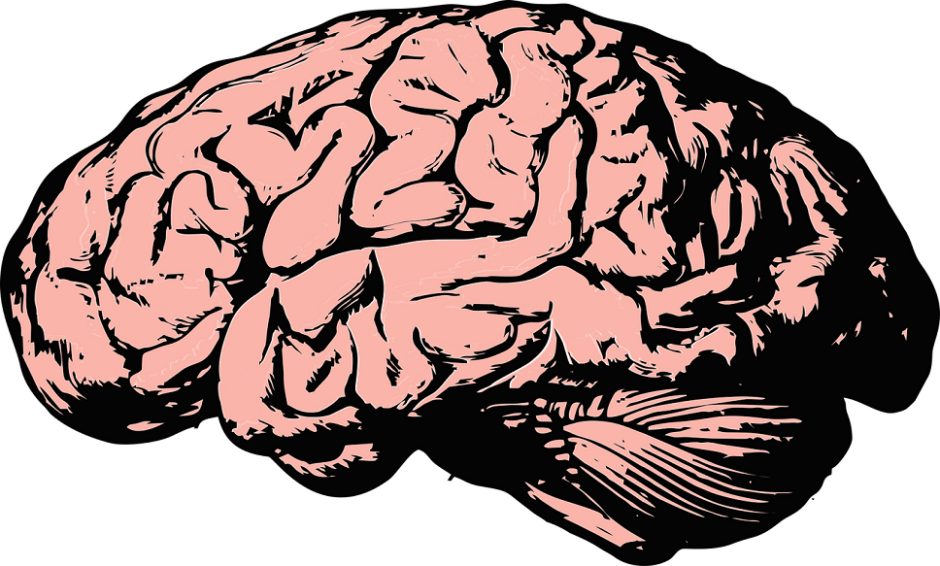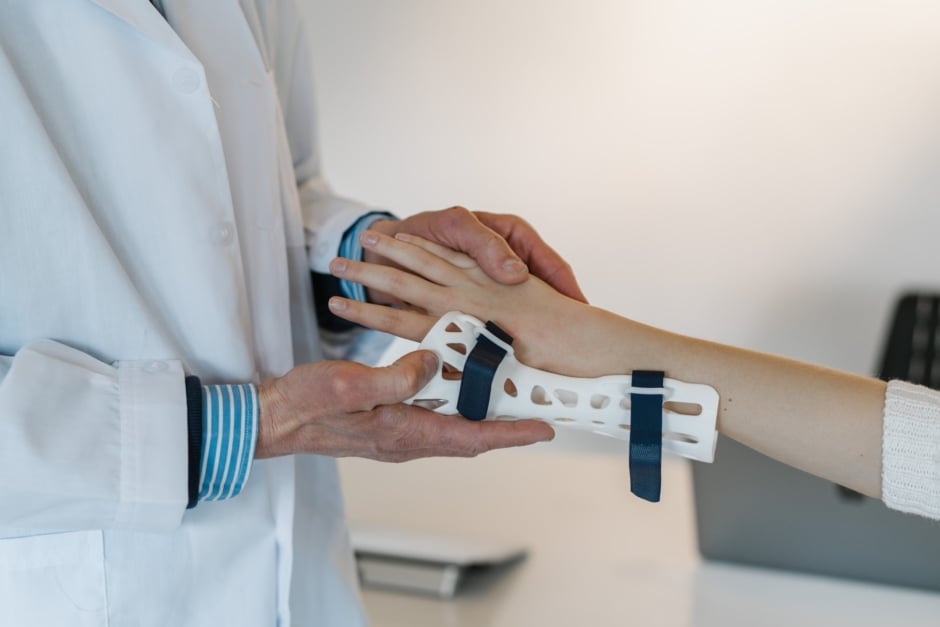A 12-MONTH prospective study has found that butylphthalide is effective in reducing cognitive decline in ischaemic stroke survivors, suggesting its potential as a neuroprotective agent in post-stroke care.
Cognitive decline is a significant concern for stroke survivors, impacting their quality of life and increasing the burden on healthcare systems. While butylphthalide has demonstrated short-term efficacy in improving cognitive function, its long-term effects on cognitive preservation remain unclear. This study investigated the efficacy of butylphthalide in preventing cognitive decline over 12 months in patients recovering from ischaemic stroke. The findings provide insight into the neuroprotective potential of butylphthalide and its role in clinical practice.
This prospective follow-up study included patients with ischaemic stroke who were between one and six months post-stroke and not in the acute phase. Participants were divided into a butylphthalide treatment group and a control group. Cognitive function was measured using the Mini-Mental State Examination (MMSE) at baseline and after 12 months. Statistical analyses, including t-tests, χ2 tests, and multivariate regression, were conducted to assess cognitive changes. The results showed that butylphthalide was significantly associated with a reduced decline in MMSE scores (β=−0.122; 95% CI −1.932 to −0.298; p=0.003) and MMSE percentage decline (β=−0.117; 95% CI −0.057 to −0.011; p=0.004). The incidence of cognitive decline was significantly lower in the butylphthalide group (OR=0.612; p=0.020). Multivariate analysis further identified age ≥60 years and lower education levels as independent risk factors for cognitive deterioration.
These findings indicate that butylphthalide could play a vital role in post-stroke cognitive preservation, potentially reducing long-term healthcare needs and improving patient outcomes. By mitigating cognitive impairment, butylphthalide may enhance daily functioning, promote independence, and improve overall quality of life in stroke survivors. The results support its integration into standard post-stroke treatment protocols, complementing existing therapies. Further large-scale, multicentre, double-blind trials are necessary to confirm these findings and establish comprehensive guidelines for clinical implementation.
Katrina Thornber, EMJ
Reference
Han Q et al. Efficacy of butylphthalide in preventing cognitive decline in ischaemic stroke survivors: a 12-month prospective following-up study. Stroke and Vascular Neurology. 2025;svn-2024-003611.








